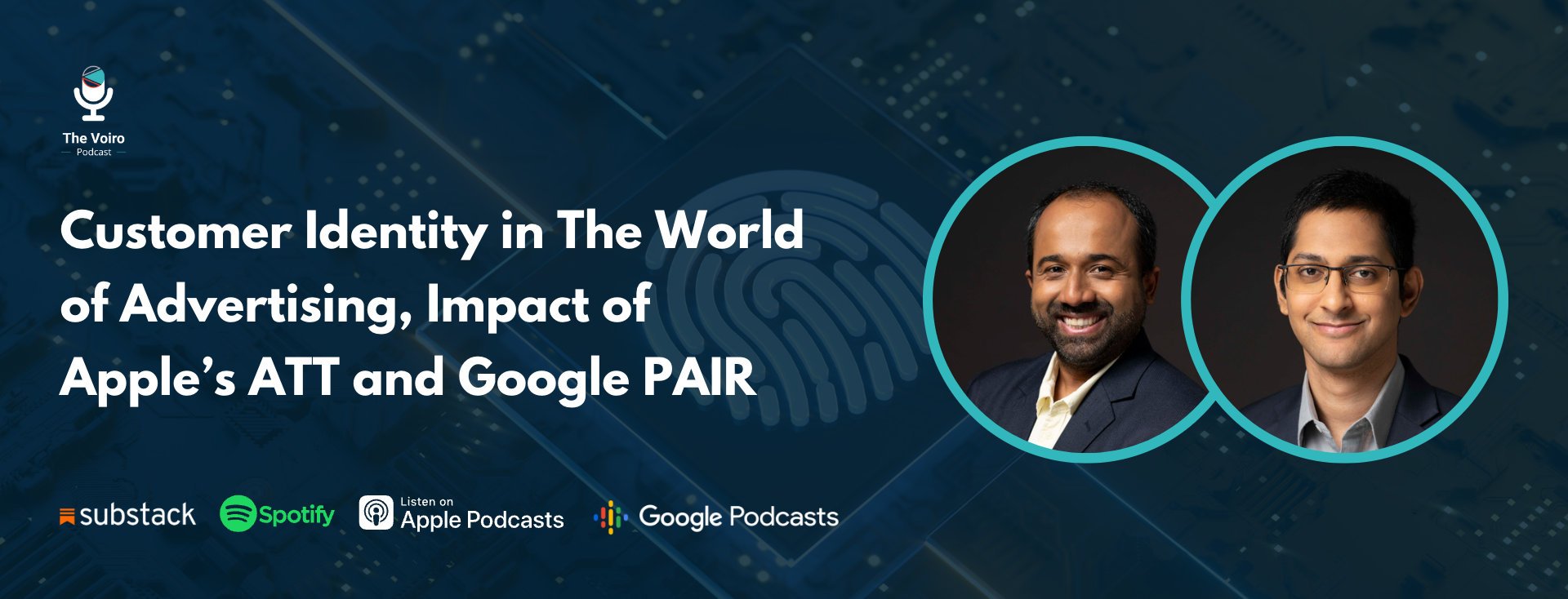Meet us at

on 3rd & 4th October









You can also listen to this episode on the following apps:
🎧 Spotify: https://spoti.fi/3sCdFky
🎧 Apple podcast: https://apple.co/3DGMHys
🎧 Google Podcast: https://bit.ly/tvp-s2e10-gpod
🎧 Amazon Music: https://amzn.to/3DIwb0Q
Elon Musk, after his acquisition of Twitter, left a heartfelt message for advertisers, calling “all irrelevant ads spam and highly relevant ads content.” In an attention economy, getting the viewer’s undivided attention for even a few seconds can mean the difference between profitability and irrelevancy. And understanding the customer journey is key to a more harmonious and successful relationship between a brand and its consumer.
Initially, cookies were invented just to solve this problem and help digital advertisers better understand customers and their preferences. Lou Montulli, then working for Netscape, developed cookies to help websites become more viable commercially.
However, with time and evolving technologies, the innocuous cookie came to be seen as a threat to user privacy. So much so that Google agreed to pay a $22.5 million penalty for using cookies to track Apple’s Safari browser users.
In an effort to redeem itself in the eyes of its users, Google has recently launched PAIR (Publisher Advertiser Identity Reconciliation), a solution aimed at reconciling the first-party data of publishers and advertisers while preserving the privacy of the customers.
In this deep dive, Anand and Rohan explore the relationship between tech and advertising and what customer identity and privacy mean in a cookie-less world.

In an attempt to sunset third-party cookies while keeping the publisher’s interests in mind, Google has launched new features, like allowing publishers to serve personalised ads through AdSense based on their first-party cookies. Matt Brittin, Google’s President for EMEA, emphasised the need for a safe browsing experience that is also advertiser-friendly at a recent press conference. “Users want a web that’s private and safe; we can see that in our search results. But if you want this whole thing to work, you need advertising that works because a subscription model for the web doesn’t deliver for everyone. It’s really about how to build a web that works for everyone. What we’re doing is trying to ensure you can have privacy-safe, high-performance advertising that works for the user and the advertiser – and we’re optimistic about that,” he said.
The Voiro View
The upheaval in the relationship between tech and advertising is an extremely important subject as it impacts all of us – publishers, advertisers and consumers. The earnings week was a reflection of that. Everyone from Netflix, Snap, Meta, Alphabet, Apple, Microsoft, and Amazon put out earnings reports, which clearly show that it’s been a bad week for big tech.
Some of this can be attributed to the looming recession and foreign exchange headwinds. In its earnings call, Apple said its revenue slowed down by 10% thanks to foreign exchange effects. And most of these companies have reiterated the same. Added to that, we’re seeing the result of a slowdown in advertising and the impact of ATT on everyone who is not Apple.
What Apple has done is added a consent layer, which requires any app on the Apple ecosystem to seek user consent before they track user data. The irony is that this rule doesn’t apply to Apple, as this is their first-party data. As a result, many advertisers are facing a setback because of the limitation of customer data. This has led to campaigns not performing as well and poor attribution. This is reflected in the earnings of all other tech companies.
Apple’s always had IDFA (Identifier for Advertisers), a unique ID given to its iOS users. Advertisers use this data to deliver customised advertising. This policy allows Apple to control how much access advertisers have to its user data. This policy has gutted many companies, which is evident in the earning calls.
People have been talking about the death of third-party cookies for several years now and the depreciation of cookies has begun. While we’re in this transitionary phase, many technologies are springing up, trying to fill different parts of the value chain. Google recently launched PAIR, a Publisher Advertiser Identity Reconciliation framework that allows a direct relationship between advertisers and publishers without compromising their users’ privacy. This is one of several measures Google is taking to win back its user’s trust.
With the depreciation of third-party cookies, building first-party data will become extremely crucial for advertisers and publishers. With emerging technologies and stricter policy frameworks in place, it will be interesting to see how this plays out in the future.
Google’s Ads Data Hub will be split into two entities to allow marketers and advertisers more control over data in the clean rooms. While the first unit will enable advertisers to target customers using their own and Google’s first-party data, the second unit will have new tools to analyse campaign performance.
With the sun setting on third-party cookies, data management platform Permutive has joined hands with PubMatic in a bid to make first-party publisher data more accessible to advertisers. In the report, Alex Mason, Head of Programmatic Operations at BuzzFeed, said, “The partnership between Permutive and PubMatic will deliver unparalleled, addressable supply to advertisers while empowering publishers like BuzzFeed, Inc. to maintain control and safety over our data. This will bridge a scalable audience alternative across the buy and sell side, without cookies, and marks another step toward responsible advertising.”
© 2024 Voiro. All rights reserved
